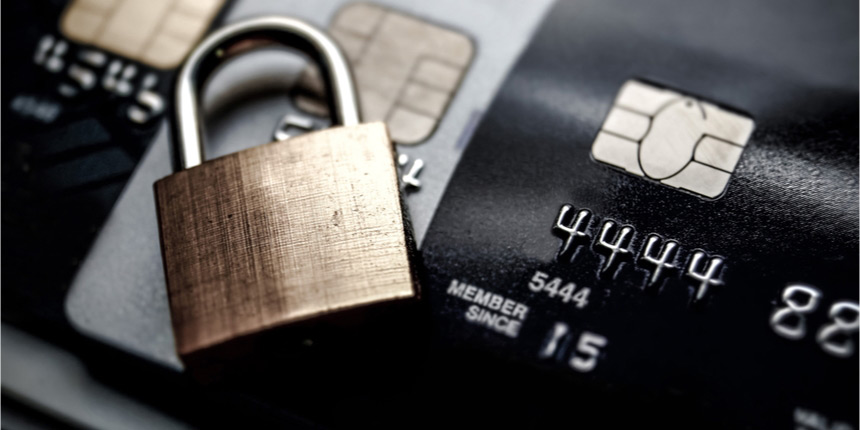The prospect of having money stolen by an official or a volunteer is never an easy one for a church to contemplate, but experts in law enforcement and the insurance industry stress that this is a risk that needs to be addressed.
The good news is that our church policy offers protection against the risk of embezzlement. However, in order to meet the conditions of the policy and ensure that a claim can be defended, you will need to provide specific information and make certain that important checks are carried out.
- If a cheque for more than £10,000 needs to issued by the church, it should be signed by two authorised officials.
- It is strongly recommended that a second person check any payments in cash being made to employees or volunteers before they are paid. In particular, confirm the amount of cash is correct.
- Employees or volunteers who receive money on the church’s behalf should be asked to remit or deposit the money by the following day at the latest. The church should issue a statement to any business or individual who owes it money at least monthly. The statement should be sent directly by post or email and not given to an employee or volunteer to deliver.
- Regular reconciliations should be carried out of bank statements, cash-in-hand and petty cash. Specifically, these checks should be conducted by someone not usually responsible for this area so that thefts cannot be concealed during the reconciliation.
- Another very sensible precaution to prevent thefts being hidden is to insist that any employee or volunteer responsible for finance, ordering goods or computer operations takes a two-week uninterrupted break at least once a year. During this time it is likely that any transactions they have hidden will come to light.
- Stock and materials such as stationery, IT equipment or cleaning products should be checked at least annually – again, by someone who is not usually responsible for this duty. When ordering goods, two different people should be involved in the process – one to order the items and a second to record their delivery and authorise payment. This ensures that orders placed by the church are valid and that the goods were actually received.
- Finally, the churches accounts need to be examined by external auditors annually.
By following these guidelines and being vigilant, the chances of your church suffering from an incident of fraud are much reduced – plus the management of the church’s finances in general will be in excellent order.
